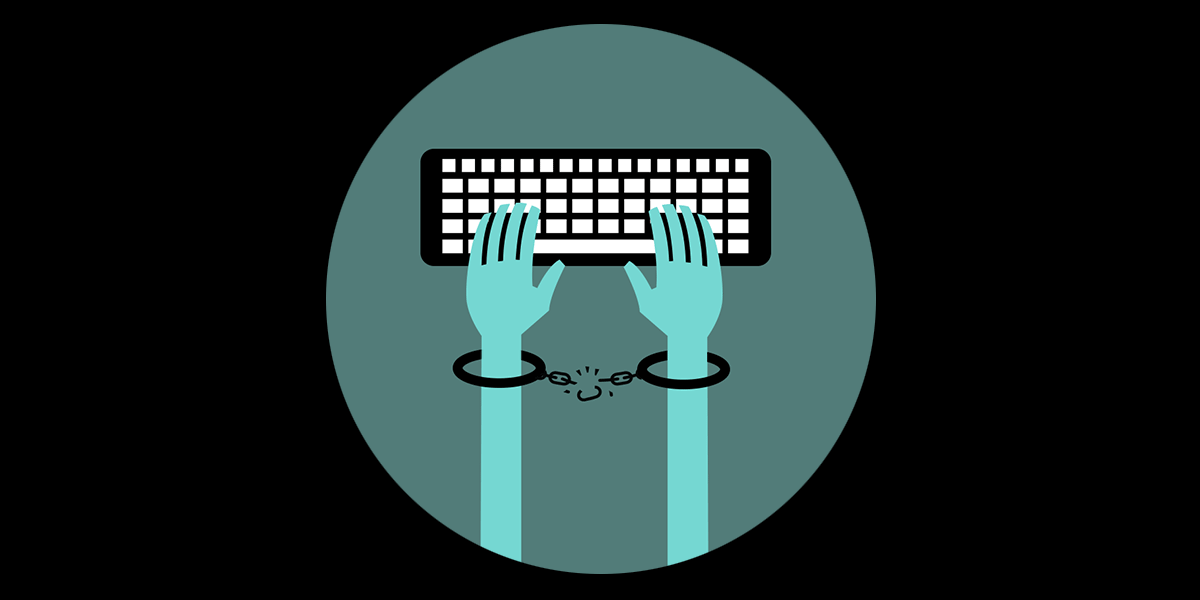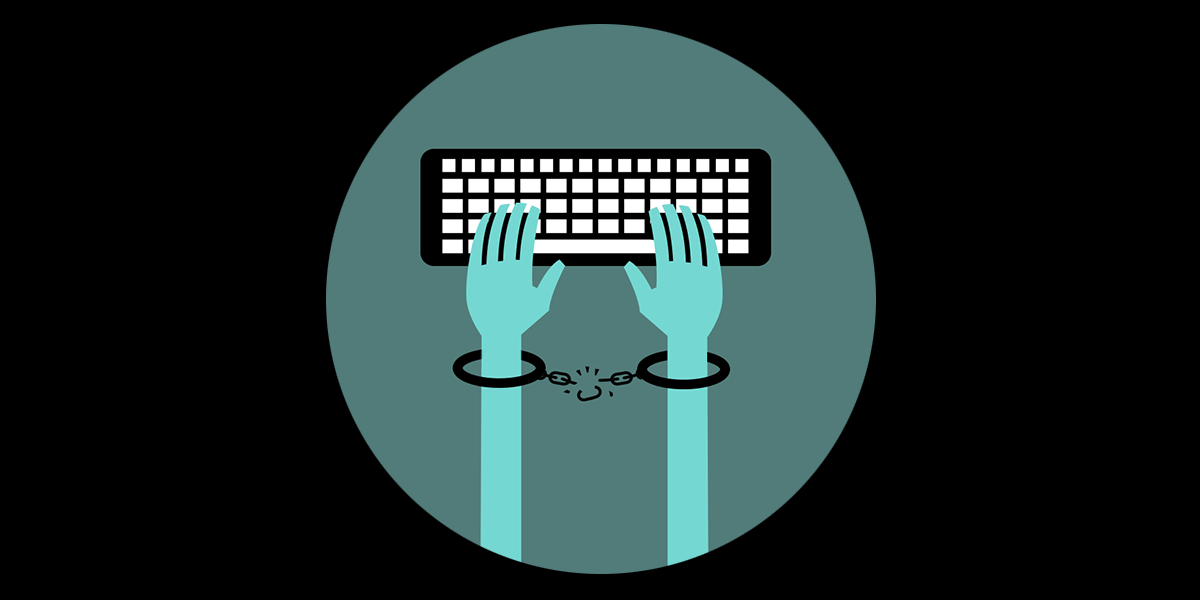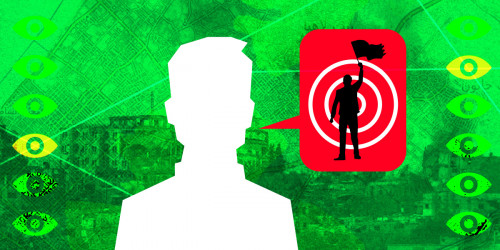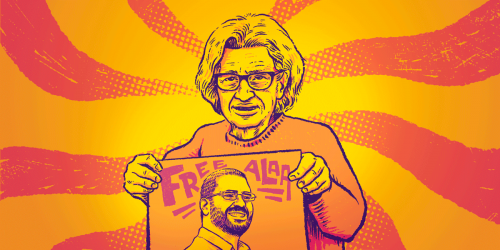Swedish computer security expert Ola Bini was arrested in April, 2019, in Ecuador, and a cloud has hung over his case ever since. Bini's case has been impacted by numerous due process violations and human rights concerns, and there have been suspensions or delays at nearly every stage of his trial. EFF conducted a fact-finding mission into the case in 2019 and found that the allegations against Bini–who is known globally as a computer security expert, and a contributor to free software projects—were driven by politics more than legitimate accusations. Now, after almost four years, the next stage in the trial is set for the end of this month. Unfortunately, civil society groups, including EFF, remain concerned that misunderstandings of technology and political ramifications of the trial will overshadow the prosecution’s flimsy case.
After years of pretrial procedures, Bini’s actual trial began in January of last year and resumed in May. This was not the end of trial proceedings because the defense still had evidence to present, and the court still had to hear Bini’s testimony and parties' closing arguments. The trial was set to continue in August, but it was rescheduled given the absence of an expert Swedish-Spanish translator, a right guaranteed by Ecuadorian Law for foreign defendants. The court called a new hearing for November, with no information on whether or not an expert translator would be present. Again, resumption of the trial was delayed when the prosecutor did not show up for the hearing, presenting a medical certificate two days later.
The next trial date is now set for January 31, though it is unlikely that this single day will be enough to complete the proceedings. We hope the court carefully assesses testimonies and alleged evidence, ensuring Ola Bini's rights; misunderstandings of technology and political implications must not guide the final outcome.
Previous Hearing Highlighted Lack of Legitimate and Founded Accusations
The core accusation against Bini relies mainly on a printed image of a telnet session (telnet is an insecure communication protocol that has largely been abandoned for public-facing technologies). This image, which was supposedly taken by Bini himself and sent to a colleague, shows the telnet login screen of a router. Although the image's authenticity is under debate, it is not even demonstrative of anything beyond the normal procedures that computer security professionals conduct as part of their work. Centro de Autonomía Digital, co-founded by Ola Bini, reported that expert witnesses on both sides of the case agreed the photo fails to sustain the prosecution's accusations. In fact, the prosecution’s technical expert reportedly told the court that the report issued by Ecuador’s national communications provider about the alleged attack didn’t include sufficient evidence that any access has ever happened. Expert witnesses on behalf of the defense, including Tor co-founder Roger Dingledine, reiterated the lack of evidence of non-authorized access to a computer system.
From the very outset of Bini’s arrest at the Quito airport there have been significant concerns about the legitimacy of the allegations. The prosecution has tried to portray the use of Tor as inherently suspicious and as underlined by journalist Diego Cazar, who wrote a book about Bini's case, much of the theory of the case is based on Bini's appearance, friendships, books, and the flimsy accusations the former Ecuadorian Ministry of Interior made almost 4 years ago to detain him (a detention later ruled illegal). Human rights groups observing the hearing have also emphasized the flimsy evidence.
It is perhaps not surprising that Bini’s arrest and detention were also fraught with a litany of due process violations. For example:
- A Habeas Corpus decision considered his initial detention illegal, although the investigation continued after his release—seeking evidence to back the alleged accusations against him. Problems continued, and as the delays dragged on, the Office of the Inter-American Commission on Human Rights (IACHR) Special Rapporteur for Freedom of Expression included its concern with the delay in Bini’s trial in its 2019, 2020 and 2021 annual reports.
- Bini's defense claimed he had been facing continuous monitoring by members of the National Police and unidentified persons and a judge requested that the government provide information about the alleged surveillance. When they did not, the judge concluded that they had unduly denied such information to Ola Bini, failing to offer a timely response to his previous information request.
- The judge Yadira Proaño, who oversaw Bini’s pre-trial hearing and determined that the prosecution could proceed with the criminal prosecution, was later "separated" from the case in a ruling that admitted the wrongdoing of successive pretrial suspensions and the violation of due process.
Computer Security Expertise Is Not A Crime
Overly politicized “hacker panic” cases, which encourage unjust prosecutions when the political and social atmosphere demands it, are not new. EFF’s founding was due in part to a notorious case pursued in the United States by the Secret Service. Our Coder’s Rights Project has worked for decades to protect the security and encryption researchers that help build a safer future for all of us using digital technologies. Bini’s case is, unfortunately, part of a longstanding history of countering the unfair criminal persecution of security experts, who have been the subject of the same types of harassment as those they work to protect, such as human rights defenders and activists.
Ola Bini's detention has received international attention and shed a light on the increasing harassment of security experts in Latin America. We look forward to the conclusion of this trial, and hope Ola will be given the fair treatment and due process his case deserves.











